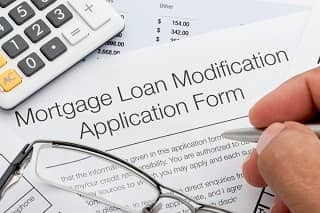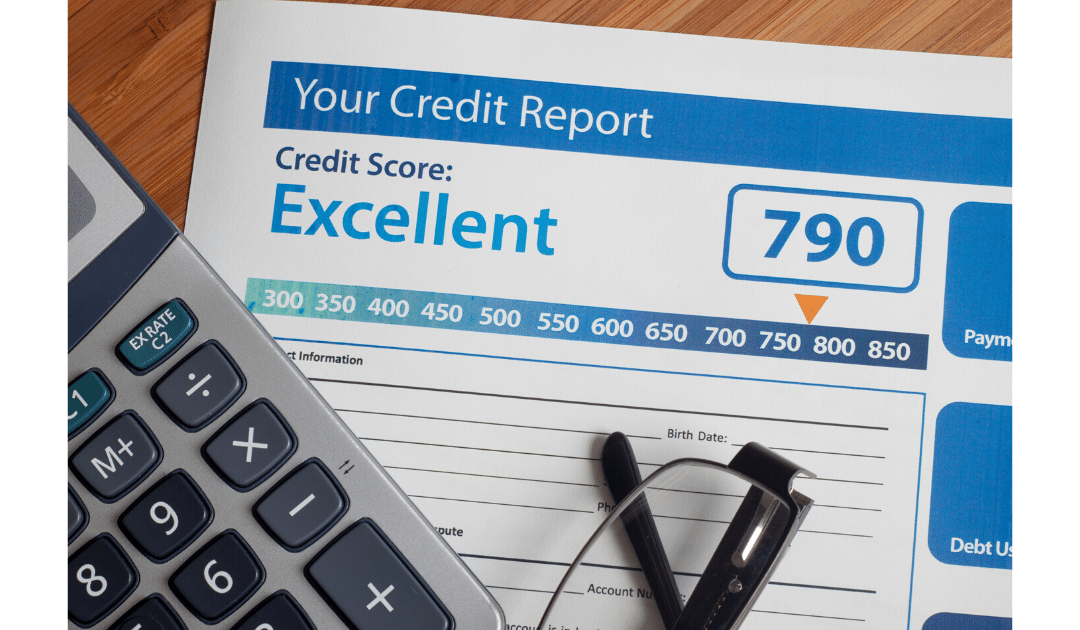Are you worried about how a loan modification might hurt your credit score? A loan modification is designed to provide financial relief for homeowners struggling to make their mortgage payments. However, understanding how a loan modification affects your credit score is crucial. This guide will explore the impact of loan modifications on credit scores, helping you make informed decisions and manage your credit effectively.

What is Loan Modification?
A loan modification is an agreement with your lender to change the terms of your loan, making it easier for you to keep up with your mortgage payments. This modification can include changes such as extending the loan term, lowering the interest rate, or even reducing the principal balance.
Homeowners often opt for loan modifications to avoid foreclosure, especially when facing financial hardships like job loss, debt accumulation, or unexpected expenses. Life changes, such as divorce or the death of a spouse, can also make it challenging to pay the mortgage as agreed. By modifying the loan, homeowners can find financial relief and avoid the severe consequences of foreclosure.
Loan Modification and Credit Scores
A loan modification can have both positive and negative effects on your credit reports and scores. The impact largely depends on the lender’s reporting practices and your overall credit profile.

Payment history is the most significant factor in determining your credit score. Missed payments leading up to a loan modification can damage your credit score. However, once the modification is in place, timely payments on the modified loan can help rebuild your credit. Other factors like credit utilization ratio, credit mix, and new credit inquiries also play a role in your overall credit score. Understanding these factors can help you manage the credit impact of a loan modification effectively.
The Impact of Loan Modification on Credit
A loan modification can impact your credit score in various ways. Negative effects may include missed payments reported during the loan modification process. If your lender reports the modification as a debt settlement, this could remain on your credit report for up to seven years, negatively affecting your credit score.
On the positive side, a loan modification can help you avoid foreclosure or bankruptcy, which have much more severe and long-lasting impacts on your credit score. Additionally, by securing a loan modification and making reduced mortgage payments on time, you can start to rebuild your credit. Consistently meeting the new terms of your loan will demonstrate financial responsibility to credit bureaus, gradually improving your credit score.
Comparing Loan Modification to Other Options
When facing financial hardship, homeowners often consider foreclosure or bankruptcy. Both options can have devastating consequences for your credit scores. Foreclosure remains on your credit report for seven years, significantly lowering your credit score and making it difficult to obtain new credit or loans. Bankruptcy can stay on your credit report for up to ten years and has a similarly severe impact on your creditworthiness.
In comparison, loan modification is a better option for homeowners. It allows you to keep your home while adjusting your mortgage payments to a manageable level. This can prevent the extreme negative effects of foreclosure and bankruptcy, providing a pathway to financial recovery without severely damaging your credit score.
Managing the Credit Impact of Loan Modification
To minimize credit damage, it is crucial to communicate with your lender before any late or missed payments occur. Discuss your financial situation openly and work together to find a suitable loan modification agreement. Understanding the terms of your loan modification agreement is essential; ensure you are aware of how the lender plans to report the modification to credit bureaus.

Knowing whether the lender will report the modification as a debt settlement can help you prepare for any potential negative effects. By adhering to the new payment schedule and avoiding further missed payments, you can protect your credit score and start rebuilding it over time.
Long-Term Credit Considerations
After a loan modification, rebuilding your credit is a critical step. The best way to improve your credit score is by making consistent, on-time payments on your modified mortgage and other credit accounts. Keeping your credit utilization ratio low and regularly monitoring your credit report for errors can also aid in your recovery process.
Future mortgage applications might be affected by a loan modification. However, if you demonstrate a history of timely payments post-modification and meet other eligibility requirements, obtaining a new mortgage should be feasible. Lenders will look at your overall credit history, so maintaining good financial habits is essential.
Credit Report and Refinancing Considerations
A loan modification can stay on your credit report for up to seven years if it’s reported as a debt settlement. This can have a lingering impact on your credit score, but its influence will diminish over time, especially if you maintain good credit behavior.

Refinancing options after a loan modification are available, but lenders may require a waiting period, often around one year, to ensure you’ve managed your modified payments responsibly. Refinancing can offer better terms, such as a lower interest rate or shorter loan term, further aiding your financial recovery.
Loan Modification vs. Loan Forbearance
Both loan modification and loan forbearance can affect your credit score, but in different ways. A loan forbearance agreement temporarily suspends or reduces your mortgage payments without changing the loan terms. However, missed payments during the forbearance period can negatively impact your credit score if reported to credit bureaus.
In contrast, a loan modification permanently changes the terms of your loan, potentially providing a more sustainable long-term solution. While both options can lead to negative credit impacts, a loan modification often offers a clearer path to financial stability and credit recovery. Choosing between the two depends on your financial situation and long-term goals.
Managing Mortgage Loan Payments and Understanding Loan Modifications
Managing mortgage loan payments can be challenging, especially during financial hardship. A mortgage loan modification can provide significant relief by altering the terms of your loan, reducing your monthly payments, and making it easier to manage your finances. Understanding how a loan modification affects your credit is crucial. Under the Fair Credit Reporting Act, lenders must accurately report modifications to credit bureaus, which can impact your credit score.
When seeking a mortgage loan modification, it’s essential to review your loan agreement thoroughly and communicate with your mortgage lender to understand the implications. If you’re struggling with your existing mortgage, a modification could prevent a mortgage modification from hurting your credit further by avoiding missed payments and potential foreclosure. Remember, your credit report pulled by lenders will reflect these changes, so managing your monthly payment obligations responsibly is vital for maintaining and rebuilding your credit.
The Truth About Loan Modification and Credit Scores
A loan modification can affect your credit score, but the impact can be managed and mitigated. Understanding the terms of your modification and communicating with your lender can help minimize the negative effects on your credit score. A loan modification can be a helpful option for homeowners struggling to make mortgage payments, but it’s essential to weigh the potential benefits against the potential negative impact on your credit score.
